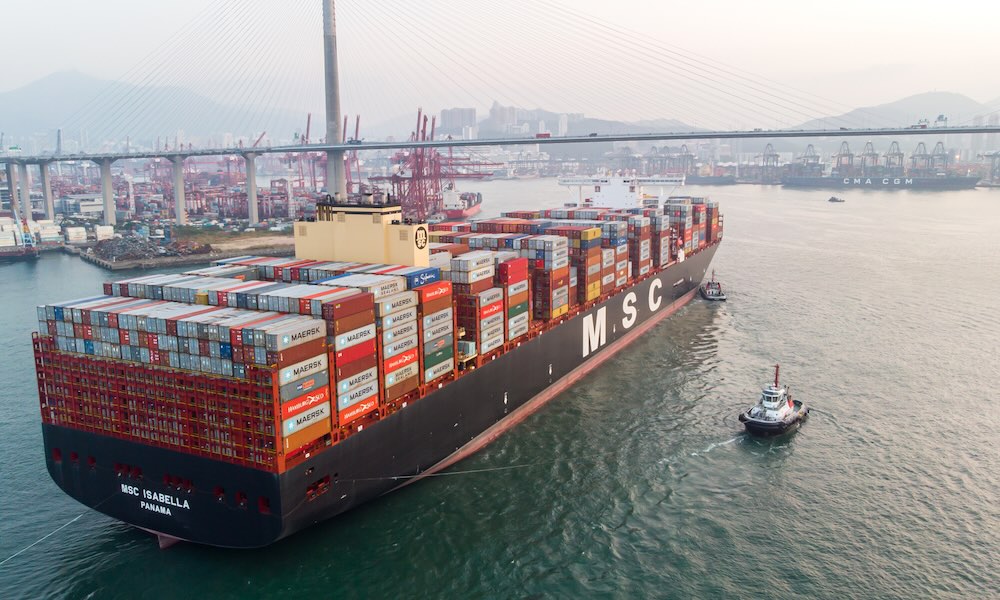Global Shipping Faces Fragile Growth Amid Rising Challenges

The global shipping industry is entering a precarious phase of growth, grappling with geopolitical tensions, rising compliance costs, and persistent port congestion, as highlighted by the latest report from the United Nations Conference on Trade and Development (UNCTAD). According to the 2025 Review of Maritime Transport, seaborne trade volumes are expected to see minimal increases this year, with risks concentrated in strategic areas like the Strait of Hormuz. Conversely, the industry is set for its largest expansion in container handling capacity since the 2008 financial crisis, driven by investments made in response to post-pandemic congestion.
Container Handling Capacity Set for Major Expansion
In a significant development, Drewry forecasts an additional 64 million Twenty-foot Equivalent Units (TEUs) of port capacity this year, marking a 4.8% increase. This growth reflects a robust investment trend aimed at alleviating the congestion that has plagued ports worldwide since the pandemic. PSA International continues to lead as the largest terminal operator globally, while competitors such as Mediterranean Shipping Company (MSC), CMA CGM, and Hapag-Lloyd have expanded their terminal operations through strategic acquisitions.
Despite concerns about a potential downturn in container trade, the market is witnessing a transformation rather than a contraction. Recent data shows a year-on-year decline of 11% in imports from China to the United States as a result of tariffs. Interestingly, European exports to the U.S. have now surpassed Chinese volumes in both value and tonnage. As box rates from Europe to the U.S. soar above $2,200 per FEU, China is actively diversifying its export strategies, strengthening trade relationships with Europe and India.
Market dynamics are also reflected in fleet ownership rankings. MSC has expanded its fleet by nearly 9 million deadweight tons over the past year, surpassing Bank of Communications Leasing to become the second-largest owner in terms of tonnage. In contrast, several Chinese leasing companies, including ICBC and Minsheng, have slipped in the rankings due to political challenges. Additionally, Iran’s National Iranian Tanker Company (NITC) has experienced a significant drop, falling from 19th to 25th place amid sanctions-related losses.
Technological Advancements Amidst Growing Industry Pressures
As the shipping industry navigates these changes, it is also undergoing technological and environmental transitions. Innovations such as new methanol-hydrogen prototypes, artificial intelligence navigation trials, and the delivery of liquefied natural gas (LNG) carriers signal a strong momentum toward decarbonization and digitalization. However, it remains noteworthy that only 8% of the current fleet is equipped with fuel-flexible technologies.
Wärtsilä Cargo Handling System Chosen for New Very Large Ammonia Carrier
In response to the critical need for reliable industry analysis, Splash has made a significant move by removing the paywall on its monthly publication, Splash Extra. This decision allows readers unrestricted access to valuable market insights, data, and commentary at a crucial time when clarity about the future direction of shipping is more important than ever.
For further insights into the latest forecasts related to uncertainty, growth, and geopolitical factors affecting the shipping industry, listeners can tune into the most recent episode of the Splash Wrap podcast.
